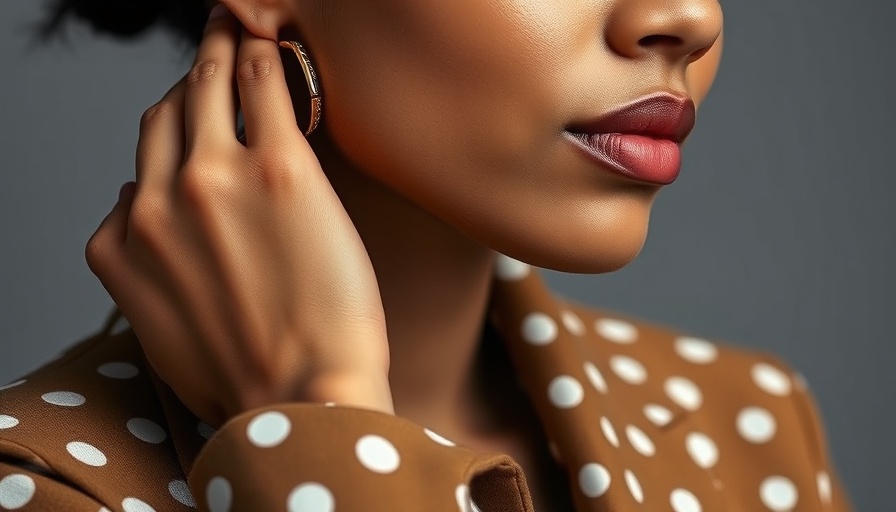
The Intersection of AI and Copyright: An Ongoing Battle
As artificial intelligence technology advances, the intersection of AI and copyright law becomes increasingly complex. Recently, more than 400 Hollywood creatives collaborated to urge the U.S. government, specifically the Trump administration, to uphold existing copyright protections rather than relax them in favor of tech giants like OpenAI and Google. This letter highlights the tension between technological innovation and the rights of creators, making it a pivotal moment for both industries.
Hollywood's Collective Call to Action
Prominent figures such as Guillermo del Toro, Cynthia Erivo, and Joseph Gordon-Levitt have joined the ranks of worried creatives, expressing concerns that AI companies are using copyrighted materials without consent. They argue that fair practices should involve negotiating licenses with copyright holders, similar to traditional business protocols across industries. The letter emphatically states, "There is no reason to weaken or eliminate the copyright protections that have helped America flourish." This sentiment reflects growing anxiety in Hollywood about the implications of relaxed copyright laws, which could lead to widespread exploitation of creative works without fair compensation.
The Tech Giants’ Perspective
In stark contrast, tech companies assert that loosening copyright regulations is essential for fostering AI innovation and maintaining competitive global positioning. OpenAI’s chief global affairs officer, Chris Lehane, emphasizes that applying the fair use doctrine to AI training is vital for U.S. dominance in technology, framing the issue as a matter of national security in the face of rapidly advancing international competitors. Google has echoed these sentiments, advocating for “balanced copyright rules” to enable AI systems to learn from available online content, arguing that these exceptions have historically allowed for scientific and social progress.
The Economic Stakes for the Creative Sector
The creative industry employs over 2.3 million people and generates significant revenue. If copyright protections were weakened, it could endanger the livelihoods of countless artists, writers, and performers who depend on intellectual property rights to secure their economic wellness. Hollywood creatives warn that this decision also threatens to stifle innovation and creativity, ultimately diminishing the cultural value that the entertainment industry has contributed to America’s global standing.
The Broader Cultural Impact
As the discourse evolves, it's clear that the outcomes of these discussions may have broader ramifications beyond Hollywood itself, affecting various sectors that rely on creative content. The ongoing debate calls for a delicate balancing act between the rights of creators and the desires of tech companies for unfettered access to materials necessary for developing advanced AI systems. In a rapidly digitalizing world, striking this balance is critical for ensuring that innovation does not strip away the protections that have nurtured artists and creative labor for decades.
Negotiation Between Tech and Creativity
To foster an environment that encourages innovation while still upholding creators’ rights, the entertainment industry advocates for a negotiation-centered approach. This could lead to licensing agreements that ensure fair compensation for creatives while allowing AI firms to utilize their content responsibly. Such collaboration not only addresses the immediate concerns related to copyright but also lays the groundwork for sustainable progress in both technology and the arts.
Global Perspectives Moving Forward
The conversation surrounding AI and copyright also takes on a global perspective. As different countries tackle similar challenges, how the U.S. navigates this situation will likely set precedents that resonate worldwide. This conflict between protecting intellectual property and promoting technological advancement may be a critical test case for future policy-making across the globe. Establishing equitable frameworks that consider both sides could shape international copyright norms for years to come.
 Add Row
Add Row  Add
Add 




 Add Row
Add Row  Add
Add 

Write A Comment